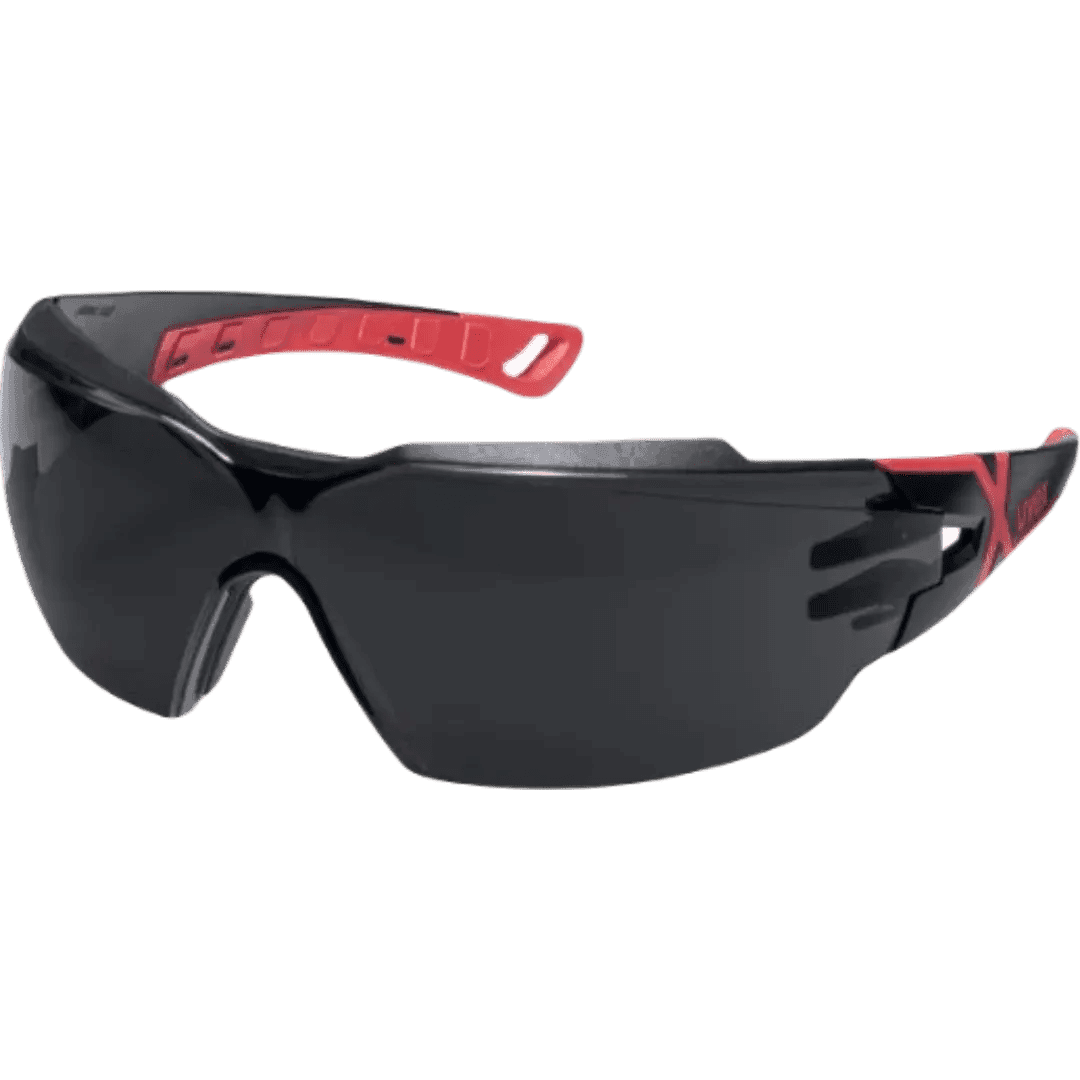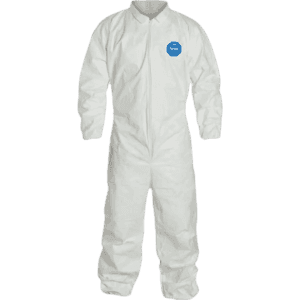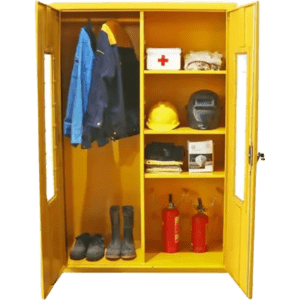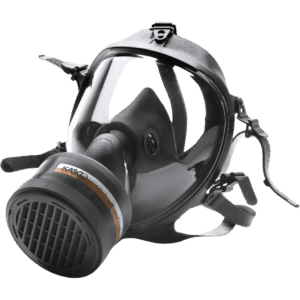Safety glasses are a critical part of personal protective equipment (PPE) designed to protect the eyes from potential hazards such as flying debris, chemical splashes, and harmful UV light. In environments like construction sites, factories, and laboratories, eye protection is essential to prevent eye injuries. Safety glasses are built with shatterproof lenses and may include additional features such as anti-fog coatings, UV filters, and side shields for full protection.
Key Features:
- Impact-Resistant Lenses: Made from materials like polycarbonate, which is resistant to shattering and can withstand high impact.
- Anti-Fog Coating: Helps maintain clear vision in humid or temperature-variable environments.
- UV Protection: Lenses that block harmful UV rays, preventing long-term damage to the eyes.
- Comfortable Fit: Adjustable nose pads and ergonomic temples for comfort during extended wear.
- Side Shields: Optional additional protection for the sides of the eyes.
Types and Standards: Safety glasses must comply with various safety standards, including SASO 444 (Saudi), ANSI Z87.1 (American), and EN 166 (European). They come in several types:
- General-Purpose Safety Glasses: Designed for light-duty applications where impact from flying debris is minimal.
- Chemical-Resistant Glasses: Provide protection against chemical splashes in labs and industrial settings.
- Welding Glasses: Equipped with dark lenses to protect against intense light and sparks from welding operations.
Brands Available:
Leading brands like Bolle, 3M, Honeywell, and Uvex offer a range of safety glasses with different lens options and features such as anti-scratch coatings and UV filters. These brands are known for producing high-quality, durable eyewear.
General Maintenance: Regularly clean the lenses with a soft cloth to avoid scratching. If the glasses become damaged or scratched, replace them to maintain optimal protection. Store safety glasses in a protective case when not in use to avoid accidental damage.





